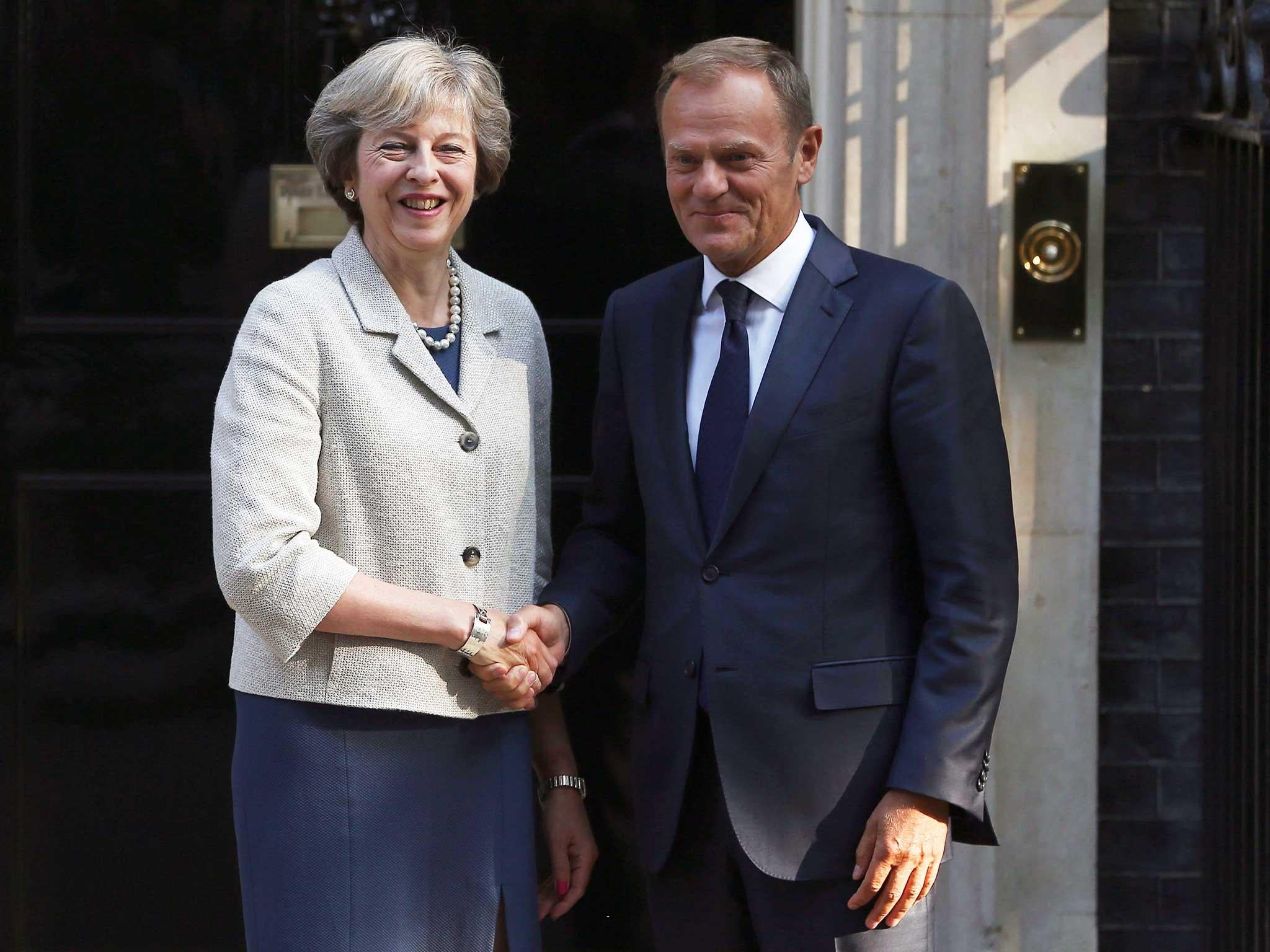Five things to look out for after Theresa May triggers Article 50
There will be signs to indicate whether Brexit will be boom or bust for our economy after Theresa May writes to European Council President Donald Tusk on Wednesday


It will inevitably be Brexit week – for this is the week when formal triggering of Article 50 will take place, with a letter from Theresa May to Donald Tusk, President of the European Council. There will be an immediate reply.
Because the process of leaving is both inevitable and contentious, there will be a huge amount of political noise across then UK and the continent. The problem will be to distinguish what is new and interesting and what is old and pointless.
Strip it down and what matters is the future long-term relationship between the UK and Europe, not the detail of the deal. So the thing to look for will be any indication of how that relationship might develop. Will it be fundamentally cooperative or fundamentally antagonistic?
Clues about that will start to come through on Monday when Sir Keir Starmer sets out Labour’s six tests for supporting Brexit. The idea of having such tests borrows from Gordon Brown’s five tests for joining, or rather not joining, the euro. So it is a device to get round an internal political problem, for there is chasm between the views of its metropolitan professional supporters and its traditional voters.
But the reaction to the tests will be interesting, because there are some issues, such as the protection of the rights of EU citizens already in the UK, that will have resonance among solid Brexiteers as well as the remaining Remainers. The wider reaction within the UK will be more important than the tests themselves.

Next, on Wednesday, comes the letter from the Prime Minister and the response from the EC President. These are formal documents, both already drafted, and I would be astounded if there were any surprises in either. But words matter, and if the tone is positive – stress on future cooperation, for example – then that will be a helpful signal as to how the relationship may develop.
One way of gauging this tone will be the reaction of sterling. Some sort of Brexit is of course “in the market”. But there a debate taking place as to whether the possibility of a hard Brexit, perhaps as a result of a breakdown in negotiations, is fully recognised. Put simply, a negative tone would be signalled by a fall in the pound, a positive one by a rise.
Then there will be the Great Repeal Bill or, more probably, the European Union Bill on Thursday, which is really just a technical necessity to put EU-related legislation into UK law.
Once everything is in UK law, then the Government and Parliament can pick which bits to keep and which to dump. But again the tone is important, because it will give a feeling for how the new UK society will develop, and we will start to see lobbying for retention and dumping of various bits of EU-inspired regulations.
Finally, divorce happens between two parties. People in the UK, perhaps inevitably, have not paid much attention to what type of relationship the European public might want with the UK. What is important? Access to jobs in Britain? Ability to sell to the UK tariff-free? Easy entry to UK universities? I’d really like to know more about what European people, not their politicians, think.
We should be listening and seeking grounds for working together. In the broad span of history, the EU is a very recent concept. The euro has only been around for 18 years. Europe will change. Anything that hints about its future direction will help us all towards a harmonious settlement of the present squabble.
Join our commenting forum
Join thought-provoking conversations, follow other Independent readers and see their replies
Comments
Bookmark popover
Removed from bookmarks